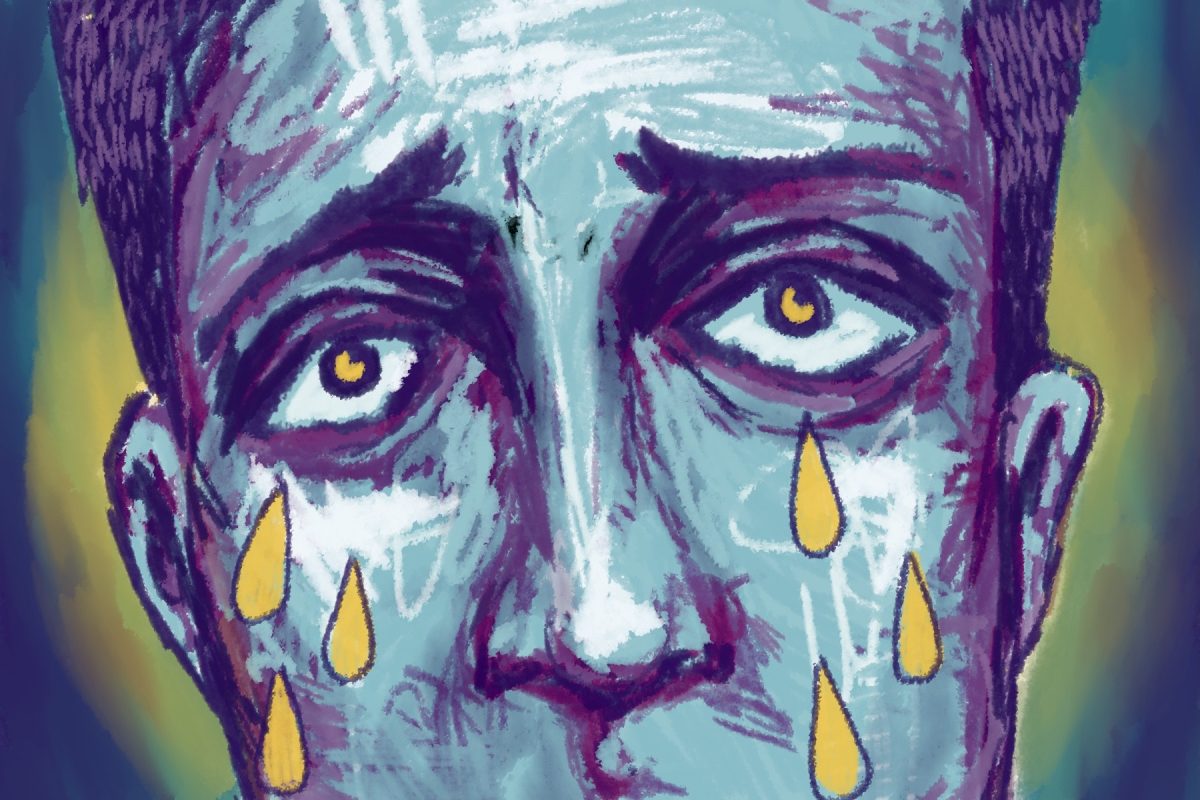As students, we are conditioned to believe that by suffering, we are proving our worthiness. This is reinforced in conversations comparing lack of sleep, inspirational stories of our peers overcoming grandiose hardships and college admissions essays. Such stories, intended to inspire, can create a dangerous link equating suffering with achievement.
Students feel the need to prove their accomplishments with struggle in order to show that their achievements have merit outside of luck or privilege.
However, this leads students to weaponize their hardships against each other.
Toby LeBlanc, a care coordinator for the Jackson School of Geosciences and McCombs School of Business, has observed this phenomenon.
“It seems like suffering gets equated with success – that the more you suffer, the more you’re successful,” LeBlanc said. “That’s just not true.”
The need to justify academic accomplishments leads students to feel pressured to “outdo” others with their perseverance through struggles.
“I’ve seen students that will do what’s called sleep shaming, where the students will be like ‘you’re getting six hours of sleep a night? How are you getting anything done?’” LeBlanc said.
Leblanc explained that undervaluing one’s accomplishments is the main characteristic of the imposter phenomenon.
“We tend to attribute (success) to things that either feel outside of our control or attribute it to things that may not be healthy for us,” LeBlanc said. “We may say ‘I didn’t sleep for three days, that’s why I was successful.’ Not because I’m actually really smart.”
This was the case for Hannah Nguyen, a human development and family sciences sophomore, who often found herself feeling undeserving of her success.
“I would follow up my accomplishments with a struggle that I had to go through, to reach that,” Nguyen said. “I think that I used to do it because I didn’t think I was smart enough or good enough to reach my accomplishments.”
Resilience, hard work and perseverance are accomplishments on their own. When our narratives revolve around our struggles rather than our accomplishments, the line between proving resilience and self-worth blurs as those struggles become defining aspects of our identities. As a result, individuals may start undervaluing their successes that were not the result of a greater struggle. However, suffering is not a prerequisite for success.
By competing in this race to the bottom, participants reinforce the idea that achievements can only be celebrated if they surpass others’ hardships, creating an environment of constant comparison where the true essence of success is only an afterthought.
While it is important to share your experiences, if you find yourself feeling the need to follow up news of your success with the fact that you have endured a greater hardship, it may be time to reconsider how you are telling your story.
Chowdhury is an international relations and global studies senior from Spring, Texas.














